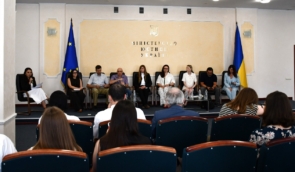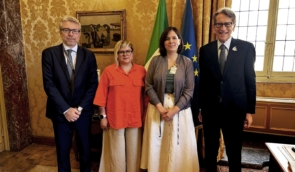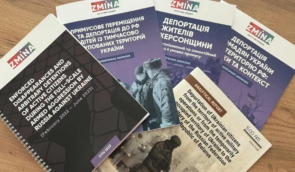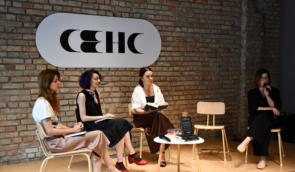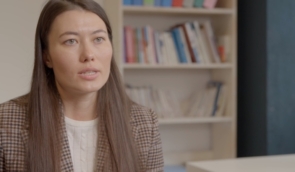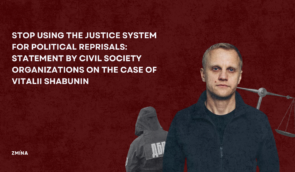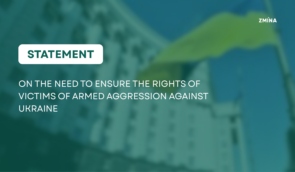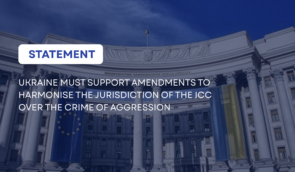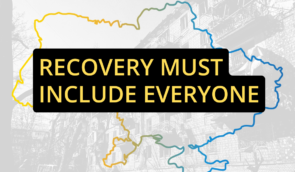Exhibition about Russian media crimes in Ukraine opens in Poltava
On April 25, the photo exhibition The War Is Not Over Yet opened on Teatralna Square in Poltava. The project aims to tell about those who have made the world aware of the war waged by Russia against Ukraine. These are journalists who have been killed, injured, have come under fire, have been captured or persecuted since the beginning of the full-scale invasion.
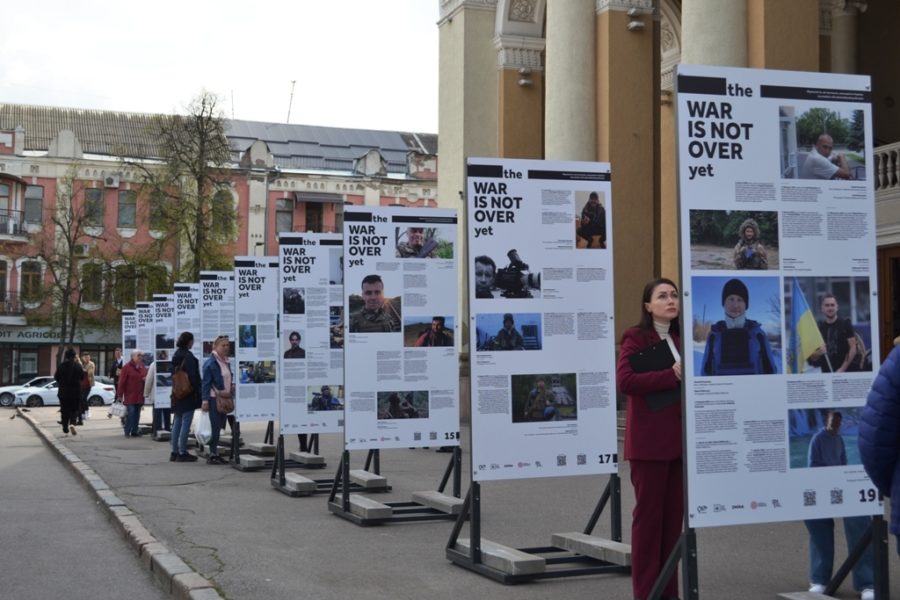
Twenty street stands highlight the most comprehensive information about Russia’s crimes against Ukrainian and foreign journalists since the beginning of the full-scale invasion. In total, after February 24, 2022, the Russians have committed more than 500 crimes against the media: representatives of the press from the first days of the attack became targets of the Russian military who are afraid of publicity of their crimes in Ukraine.
As of April 25, according to the Institute of Mass Information, the Russians killed 53 Ukrainian and foreign journalists: eight of them were killed while performing their professional duties, 45 as participants in military operations or as a result of shelling or torture. At least 17 more journalists were injured, 21 were kidnapped. In addition, 16 more Crimean journalists are in prison for politically motivated cases.
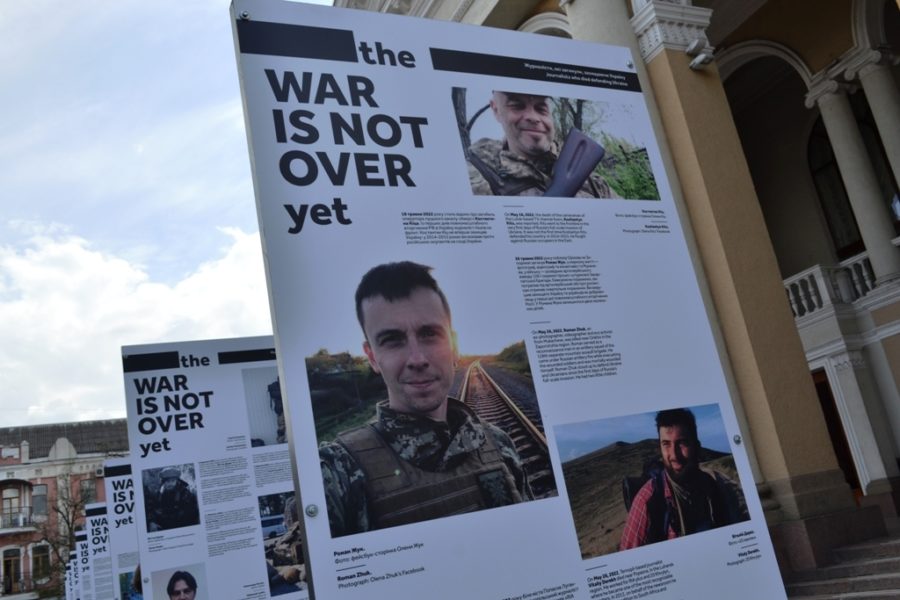
The exhibition was presented for the first time in Kyiv last year, later it opened in Boyarka, Vinnytsia, and Odesa. Tetiana Teren, executive director of PEN Ukraine, noted during the opening of the exhibition in Poltava that a year ago this project was a reaction to the fact that foreign media continued to call Russia’s war against Ukraine a crisis, a conflict, or “Putin’s war” or “war of the Russian government”.
“This was happening at a time when the occupiers were killing Ukrainian and foreign media workers, and when the enemy’s army was purposefully shelling cars marked “Press”, torturing journalists and terrorizing the occupied territories of Ukraine with its propaganda. A year into the full-scale invasion, thanks to the work of Ukrainian media, diplomats, and human rights defenders, the majority of foreign media is finally calling the war a war, while the world is increasingly talking about “Ukraine fatigue”. Our photo exhibitions are a reminder that Russia’s genocidal war against Ukraine continues and that media and freedom of speech remain one of the targets of the occupiers,” Teren added.
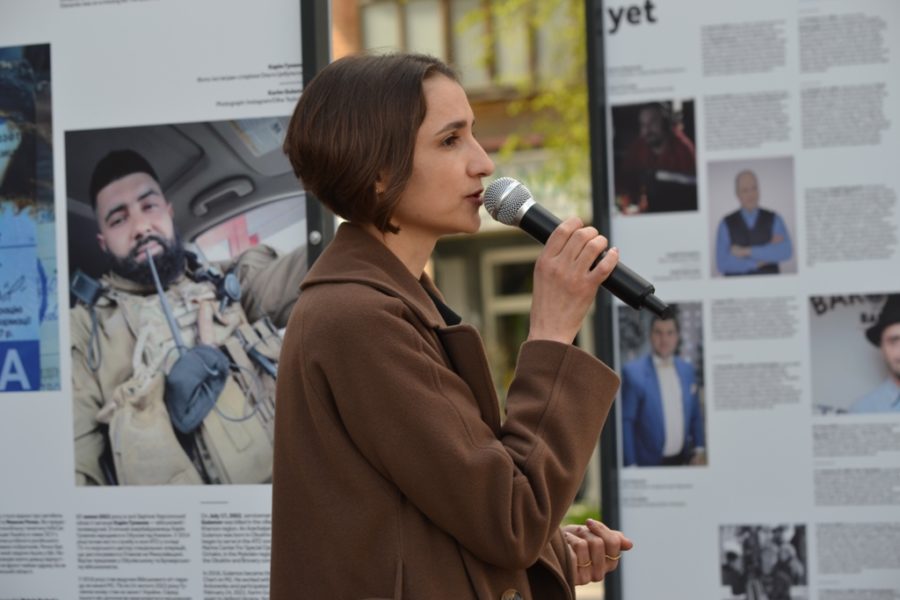 Tetiana Teren
Tetiana TerenThe War Is Not Over Yet exhibition is an expression of solidarity with Ukrainian media workers who fight for the truth, risking their lives. They leave their professional activities and join the ranks of the Armed Forces of Ukraine. They actively fight on the information front, recording the course of the war and telling the world the truth about it. Thanks to Ukrainian journalists, photographers, camera people, and fixers, the international community learns news from the front and sees evidence of Russian war crimes.
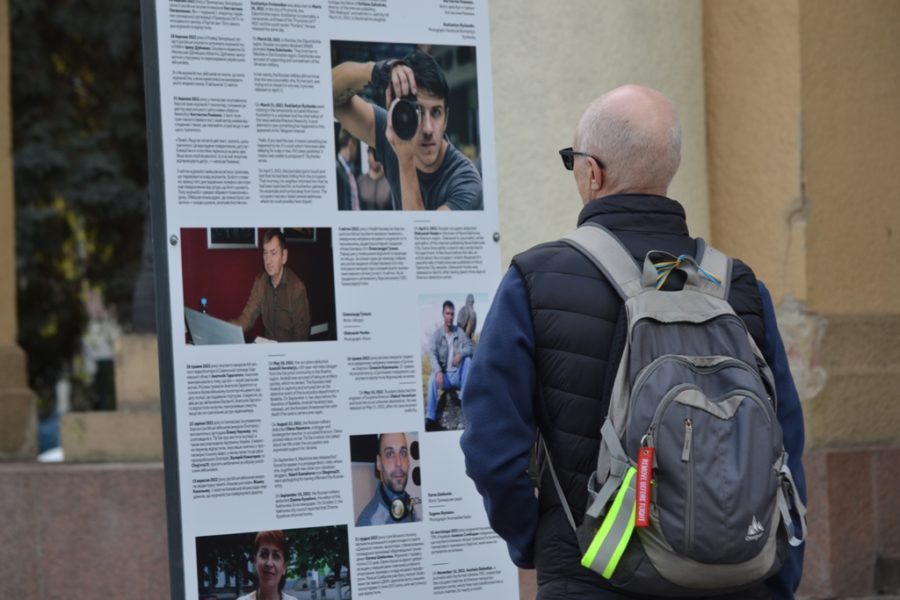
“The struggle of Ukrainians for freedom is, in particular, a struggle on the information front. Many journalists, camera people, and photographers have been covering it for many years – during the Revolution of Dignity, the beginning of the war in 2014, and Russia’s full-scale invasion. In many ways, this is a personal story for us because friends of the Maidan Museum, with whom we implemented joint projects, and friends and relatives of our colleagues are among the killed media workers whose stories this exhibition tells. Therefore, we honor the memory of the fallen and thank those who work every day on this difficult front and show the world the truth about the war in Ukraine and the Russian crimes, bringing victory closer,” said Ksenia Dvornikova, head of the development and communications department of the National Museum of the Revolution of Dignity.
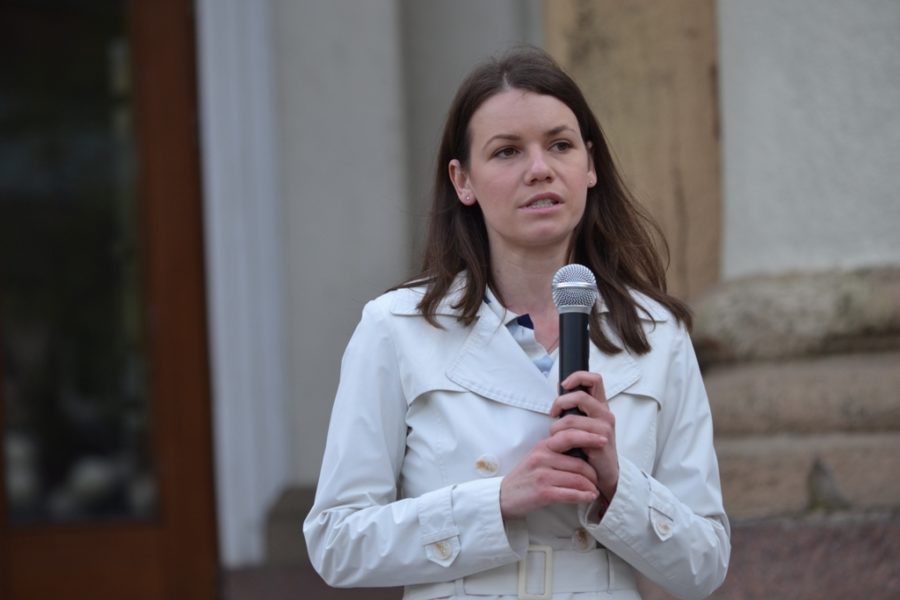 Ksenia Dvornikova
Ksenia DvornikovaThe exhibition in Poltava will last until May 28.
Exhibition organizers: PEN Ukraine, Institute of Mass Information, Human Rights Centre ZMINA, National Museum of the Revolution of Dignity, Georgy Gongadze Prize.
Regional partner: Ukrainian Institute of National Memory.
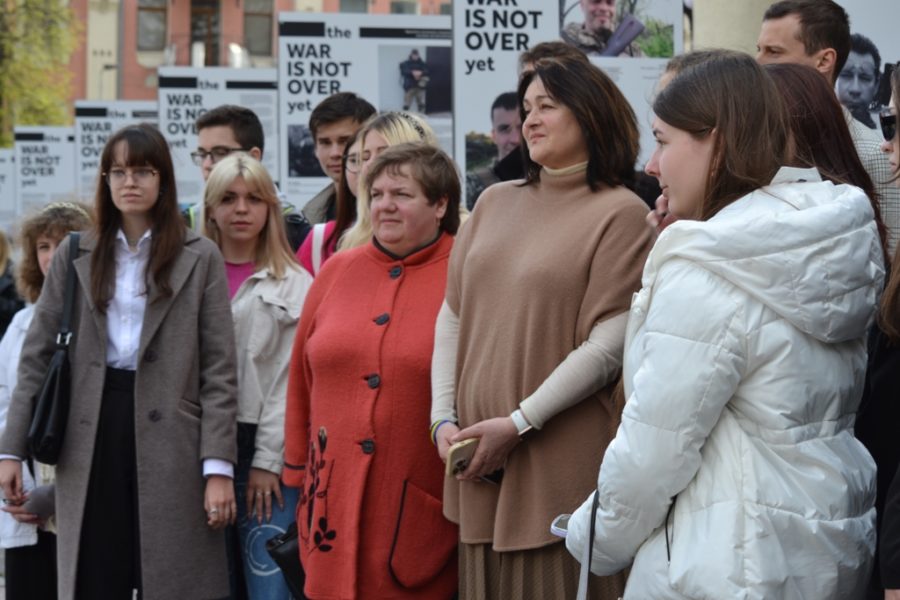
Photo credit: Maryna Levchuk
If you have found a spelling error, please, notify us by selecting that text and pressing Ctrl+Enter.

